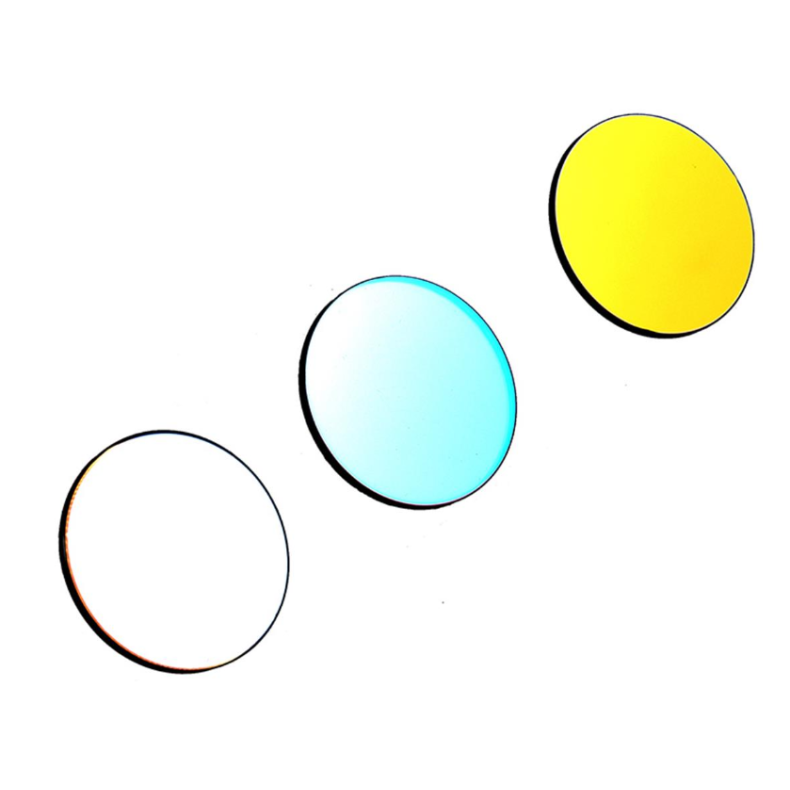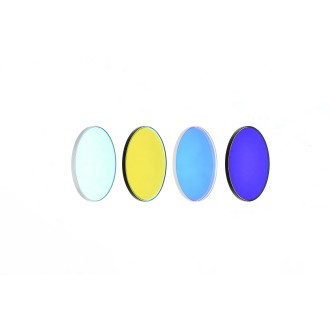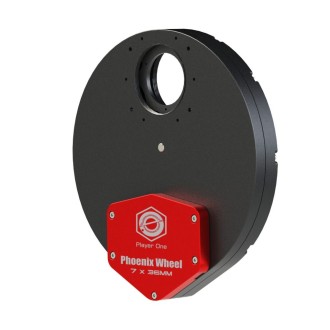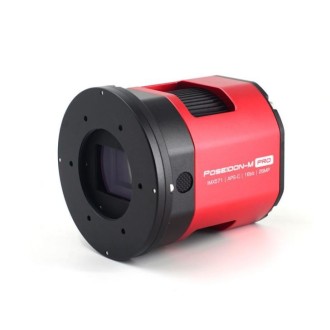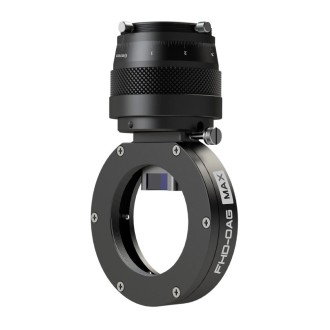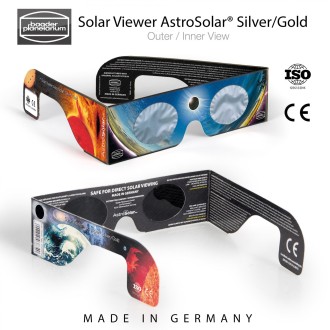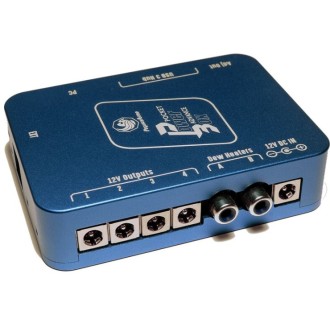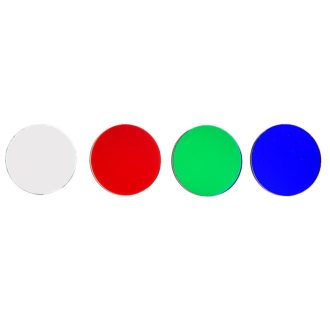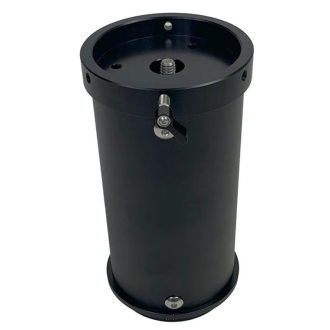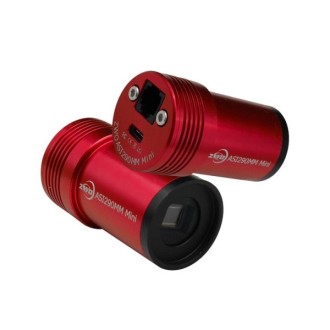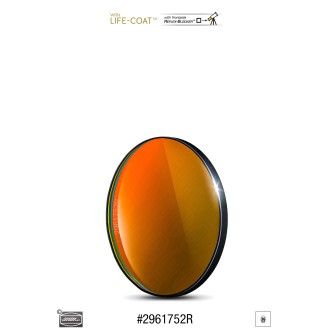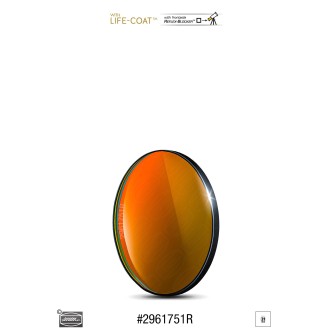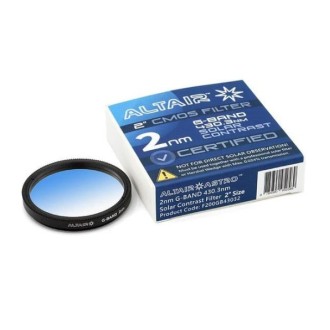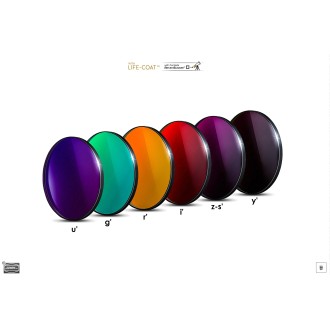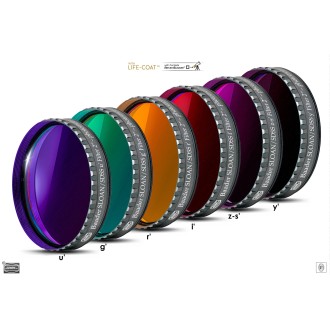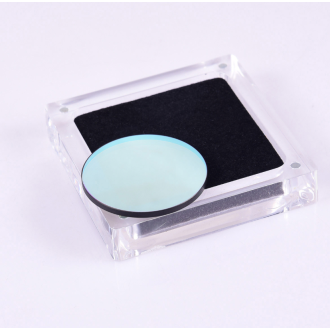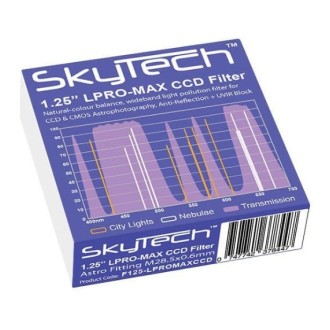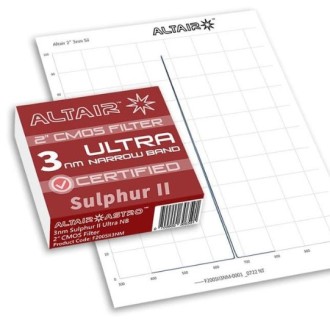Deliver it 16/23 days
Set of 3 circular filters SHO 7nm PRIME ANTLIA 36mm, without mount
Buy it now and receive it between on Tuesday, 27 May and Tuesday, 3 June with Home delivery - International
- Antlia PRIME Narrowband Light Pollution Filter
- Filter for deep sky imaging
- 90% minimum transmission in the 500.7 nm OIII line
- 36mm circular unmounted lens
| Carrier | Description | Estimated Delivery | ||
|---|---|---|---|---|
 |
Home delivery - International | Home delivery - International |
Tuesday, 27 May - Tuesday, 3 June |
|

Home delivery - International
Home delivery - International
Estimated delivery:
Tuesday, 27 May - Tuesday, 3 June
Everything you need to know about Antlia PRIME 7nm SHO filters
The Antlia 7nm SHO narrow-band (SII / H-Alpha / O-III) filters are suitable for imaging diffuse nebulae, planetary nebulae, emission nebulae and supernova afterglow. This combination allows to obtain images like those of the Hubble palette. With a bandwidth of 7 nm, PRIME filters are wider than the EDGE range. Therefore, PRIME filters let a little more signal through... but a little more light contamination. The finer bandwidth allows deep sky images to be obtained even under very difficult light pollution conditions, and greatly increases the contrast of objects under very dark skies. A large proportion of light pollution lines, particularly from mercury vapor and sodium lamps, are eliminated.
Antlia PRIME narrow band filters are designed to bring out the faintest details of nebulae by suppressing unwanted wavelengths from the sky background. The narrower the bandwidth, the more effective the filter. The transmission of the filter is at least 90%. The optical density outside the transmission area is OD4 (0.01%), which provides an excellent signal-to-noise ratio and a clear cut-off of the other lines. The clear cut-off of the signal outside the transmission zone is an important parameter because it determines the quality of the filtration. The steeper the cut-off slope, the greater the contrast between the signal from the nebula in question and the background sky, which has become perfectly black. In addition, a sharp cut-off minimizes halos around bright stars.
During the manufacturing process, Antlia carries out extremely strict quality control. Each filter is tested and measured to ensure that it meets the high performance requirements of the specification. Tight tolerances require perfectly homogeneous substrates and uniform thicknesses; deviations from specifications must not exceed 0.05 mm.
Applications and performance
- Narrow bandwidth of 7 nm, designed for astronomical imaging of diffuse nebulae, planetary nebulae, emission nebulae and supernova afterglow, whatever the sky quality.
- Sharp cutting of unwanted lines. All Antlia filters have blackened edges to eliminate stray reflections.
- Antlia EDGE narrowband filters are compatible with instruments at F/d >2 with slight signal loss.
Technical specifications:
- Glass type: Schott optical glass
- Surface quality: 60/40 (according to MIL-O-13830)
- Mounting diameter: 36mm circular unmounted
- Substrate thickness: 2 mm
- Transmission: 90% minimum at transmission peaks
- Treatments: Filter polished on 2 sides with an accuracy of λ/4
- Coating: multilayer and anti-reflective on 2 faces

